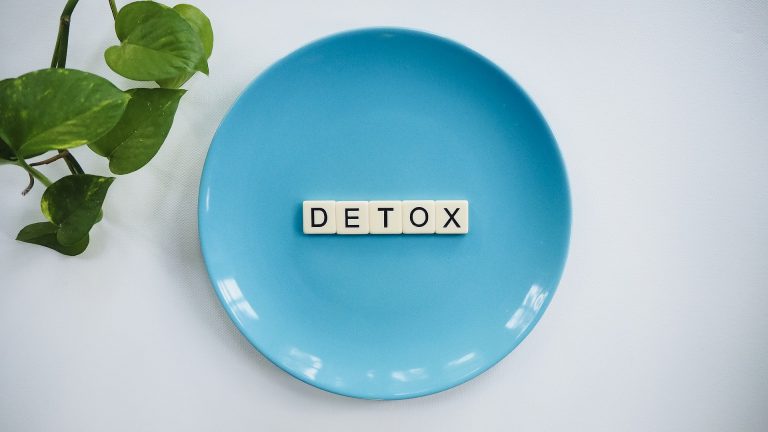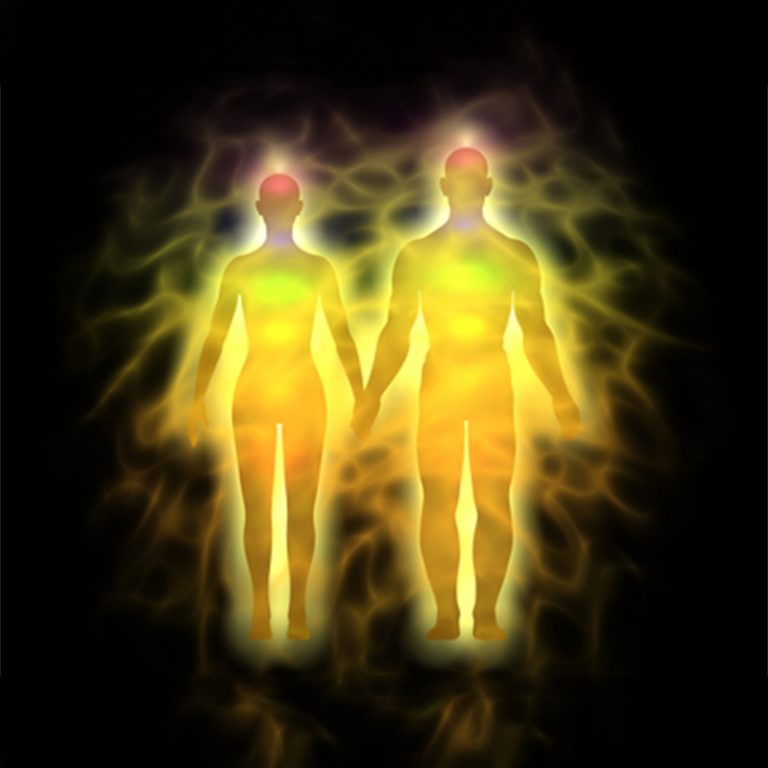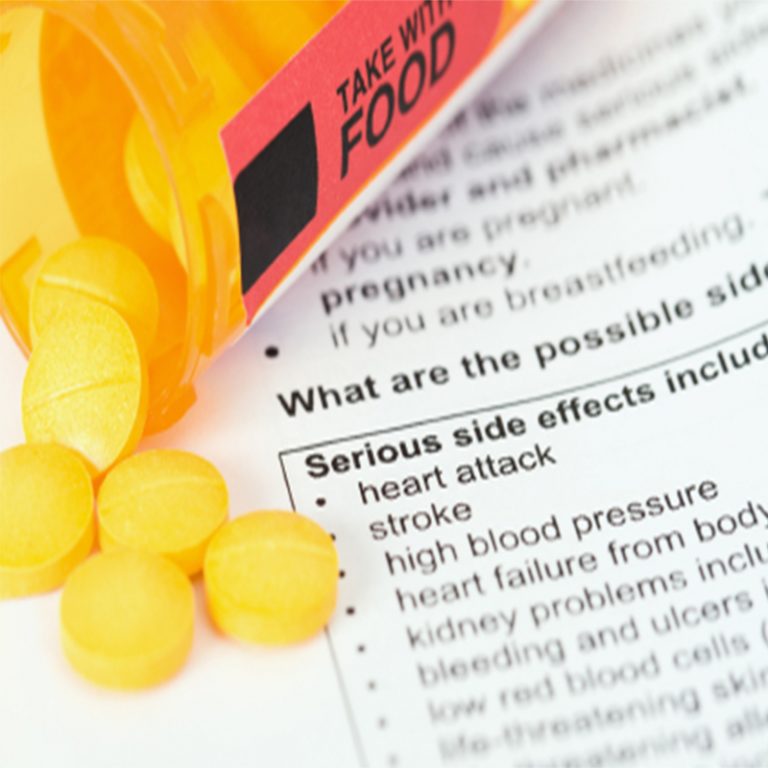Testosterone Replacement Therapy
Low Testosterone Symptoms & Treatment Options
Are you a man around or over 40 lacking motivation and sexual desire? Have you been through a period of emotional distress or recently undergone surgery or chemotherapy? Maybe you have been battling a chronic disease or have been over-consuming alcohol. Any one of these conditions, or a combination of several, can be the culprit of low testosterone levels.

You may be contemplating Testosterone Replacement Therapy or are curious about it. Thankfully, at our YATAN Holistic Ayurvedic Centre we offer Ayurvedic Testosterone Replacement Therapy in the form of holistic, tailor-made treatment plans. Ayurveda can not only help you feel great, but it does so by prescribing all-natural treatments that suit your particular symptoms and constitution.
But before we get into the actual Testosterone Replacement Therapy plan, let’s have a look testosterone itself and how it affects you.
What is Testosterone and Why You Need It
Testosterone is a key male sex hormone (androgen) produced in the testes and regulated by the pituitary gland. While mostly associated with men, testosterone is also found in smaller quantities in women (produced in the ovaries). Women require only small amounts of this hormone in their system, while men require a high amount of testosterone. Why? Because a man needs testosterone for a host of functions and processes within the body, such as:
 Muscle development
Muscle development- Bone development
- Physical strength
- Sperm production
- Red blood cell production
- Sexual drive and sexual characteristics
- Appearance (hair, skin, voice)
- Fertility regulation
- Fat distribution
- Mood regulation
Thus, testosterone plays a significant role in a man’s body. But what happens once a drop in testosterone occurs?
Low Testosterone: Causes and Symptoms
Testosterone naturally declines as a man ages, as does his fertility. This decline, if occurring after the age of 40, is perfectly normal and can be managed holistically with advice from an Ayurvedic practitioner. While you may not be able to turn 20 again, you will reclaim a substantial amount of your lost energy, libido and vitality if you choose to go the holistic route. You must, however, first be aware of the symptoms and causes of low testosterone so as to receive the testosterone replacement therapy that best suits you.
Causes of low testosterone are usually attributed to one or more of following:
 Natural aging (over 40)
Natural aging (over 40)- Hormonal disorders
- Surgery
- Trauma to the testicles
- Testicular cancer or treatment for testicular cancer
- Chemotherapy (for any kind of cancer)
- Underactive testes (hypogonadism)
- Testicular infection
- Obesity
- Bad diet
- Chronic smoking
- Alcoholism
- Medications (particularly opioids and steroids, which can directly affect the pituitary gland)
- Emotional stress
- High blood pressure
- Chronic illness
- Type 2 Diabetes
- Genetic disease
- Kidney or liver failure (due to medications, drugs, alcohol, virus, etc)
Symptoms of low testosterone levels may include one or more of the following:
- Erectile dysfunction
- Decreased sex drive
- Hair loss
- Reduction in testicle size
- Depression
- Reduced bone mass
- Reduction in semen amount
- Lack of motivation
- Irritability
- Putting on weight
- Feeling sluggish mentally and physically
- Mood changes
- Difficulty sleeping
- Difficulty concentrating
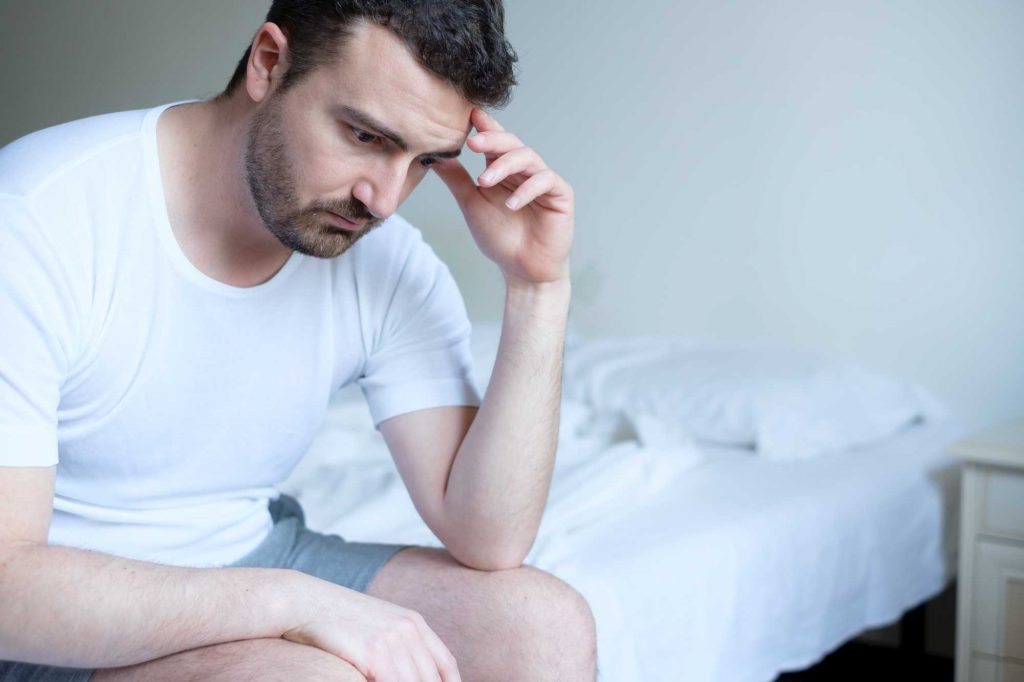
The aforementioned symptoms may only be the tip of the iceberg when it comes to men’s health. Sometimes, there may be underlying conditions that may trigger such symptoms or prohibit healing, so do always make sure to seek professional advice when you exhibit one or more of the symptoms mentioned above.
Treating Low Testosterone – The Choice Is Yours!
To treat low testosterone levels, men usually seek Testosterone Replacement Therapy, you have various options.
In the West, hormonal imbalances are typically treated with conventional medicine in the form of synthetic or animal-based forms of the deficient hormone. In the case of low testosterone, a bio-identical form of testosterone will be administered as an injection, skin patch, mouth patch, gel, or pellet implant. While these options may seem like a ‘quick fix’, the results last very briefly (usually only a few hours) and create a ‘rollercoaster effect’ as the hormone rises and declines shortly after. Oral medication may also be prescribed, though doctors will warn you of the damaging effects it may cause to your liver as well as other side-effects. No matter which conventional option you choose, your decision may result in more health problems down the line as you will have been overloading your body with synthetic, lab-made drugs rather than teaching it to produce testosterone on its own.

Another option is resorting to holistic treatment. Ayurveda, the 5000-year old Indian healing art, is based on the principles of holistic, natural medicine that is customised to the patient’s needs. It will not only produce long-term results to your overall system and rid you of low testosterone symptoms, but it will enable your body to start producing testosterone on its own! A typical Ayurvedic Testosterone Replacement Therapy would include a plan tailor-made to your needs. Your Ayurvedic practitioner would choose the best treatment options for you ranging from customised Ayurvedic herbal remedies, Panchakarma, a premium Ayurvedic detox and rejuvenation program and Ayurvedic massage, to personalised Yoga therapy, including pranayama, breathing routines, Tantra-Mantra meditation, a diet plan and Naturopathy. You can expect no side-effects, no ingestion of toxins or drugs, and a big boost of energy, vitality and motivation.
Now, in all honesty…which of the two options would you prefer?
Ayurvedic Testosterone Replacement Therapy: Practitioner’s Recommendations
 Our Ayurvedic Testosterone Replacement Therapy starts with our in-house practitioner first understanding your symptoms and assessing your Dosha. You will have to be open and honest when it comes to how you feel and what signs you are experiencing. From there on, a treatment plan will be customised according to your own personal needs.
Our Ayurvedic Testosterone Replacement Therapy starts with our in-house practitioner first understanding your symptoms and assessing your Dosha. You will have to be open and honest when it comes to how you feel and what signs you are experiencing. From there on, a treatment plan will be customised according to your own personal needs.
A typical Ayurvedic Testosterone Replacement Therapy treatment plan includes one or more of the following:
Ayurvedic Herbal Medicine
You may be prescribed an Ayurvedic herbal formulation which will help your body produce hormones naturally. Such herbs would include Ghoshkur, Kounch, Ashwaganda, Musli, Vidarikanda and Shatavari. The herbal formula, prescribed as either oral medication or an enema, will increase testosterone levels and provide the ‘raw material’ necessary for the system to begin producing testosterone on its own.
Yoga Therapy
Your Ayurvedic practitioner may recommend Yoga asanas and pranayamas such as:
- Indian push-ups, which will increase hormone production in the body and help you achieve peak strength.
- Uddiyana Bandha (Abdominal Lock), which is a yoga practice that activates all the systems and increases the transportation of nutrients so they can flow optimally.
- Bhastrika Pranayama (Bellows Breath), which benefits the overall endocrine system particularly by stimulating the pineal gland. It also alleviates stress, hypertension, anxiety and depression.
For those untrained in Yoga, you can sign up for our Online Yoga Course or consult your Ayurvedic practitioner for instructions.
Diet Plan
 In Ayurveda, we understand that there is a deep correlation between a man’s reproductive system and his digestive system. Therefore, diet is essential to healing conditions related to the reproductive system. Asparagus is a well-known nutrient-packed aphrodisiac that can benefit libido and overall health. Ginseng is also proven to improve erectile function and improve testicular blood circulation. Other recommended foods for low testosterone levels include seafood (particularly shellfish), red meat, eggs and nuts.
In Ayurveda, we understand that there is a deep correlation between a man’s reproductive system and his digestive system. Therefore, diet is essential to healing conditions related to the reproductive system. Asparagus is a well-known nutrient-packed aphrodisiac that can benefit libido and overall health. Ginseng is also proven to improve erectile function and improve testicular blood circulation. Other recommended foods for low testosterone levels include seafood (particularly shellfish), red meat, eggs and nuts.
What To Do Next
Cases of low testosterone have dramatically risen in recent years. Symptoms associated with low testosterone seem to be appearing more often in younger men nowadays, while the number of overall cases has risen fivefold since 2012! Luckily, the body sends us signals, known as symptoms, when something is wrong, and addressing low testosterone early on can make a huge difference to your energy, health, mood and life.
Simply ask yourself: Do you prefer side-effects and toxin accumulation, or an all-natural treatment? Do you prefer a one-fits-all quick-fix remedy or a fully customised holistic treatment plan with long-term results?
To find out how your symptoms of low testosterone can be treated and how you can benefit from an Ayurvedic Testosterone Replacement Therapy in Sydney, contact us today for a free consultation.
All information and resources referenced in this article, including medicinal preparations, exercise and dietary recommendations, are based on the opinion of the author. All content is intended to inform and encourage the reader to seek professional advice if the aforementioned conditions and symptoms are present. No information in this article should be considered a diagnosis or prescription.

*Discover holistic healing with a complimentary phone or video consultation from our expert Ayurvedic practitioner. Start your path to better health today!*





















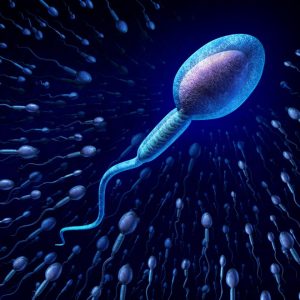 Muscle development
Muscle development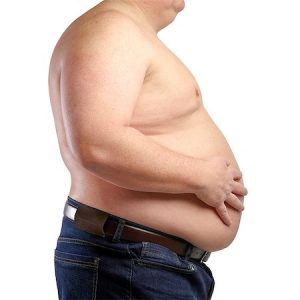 Natural aging (over 40)
Natural aging (over 40)